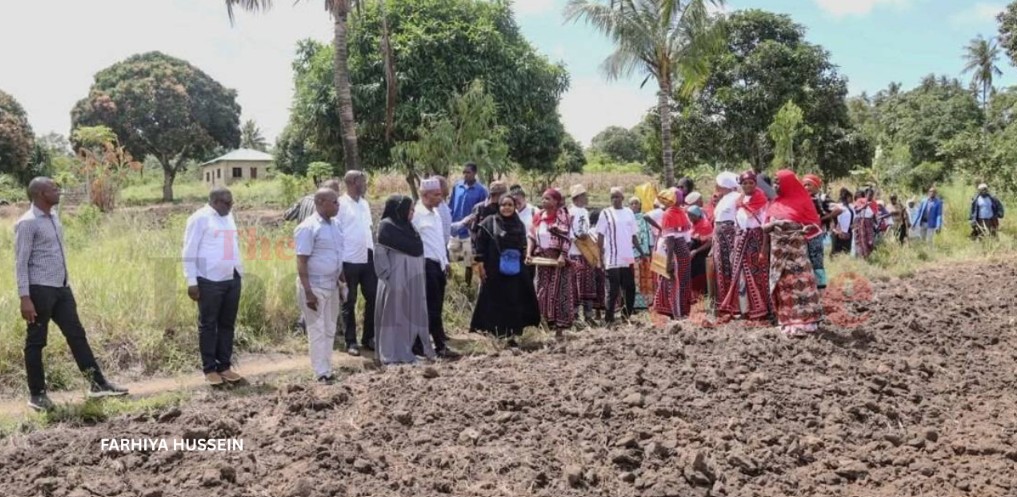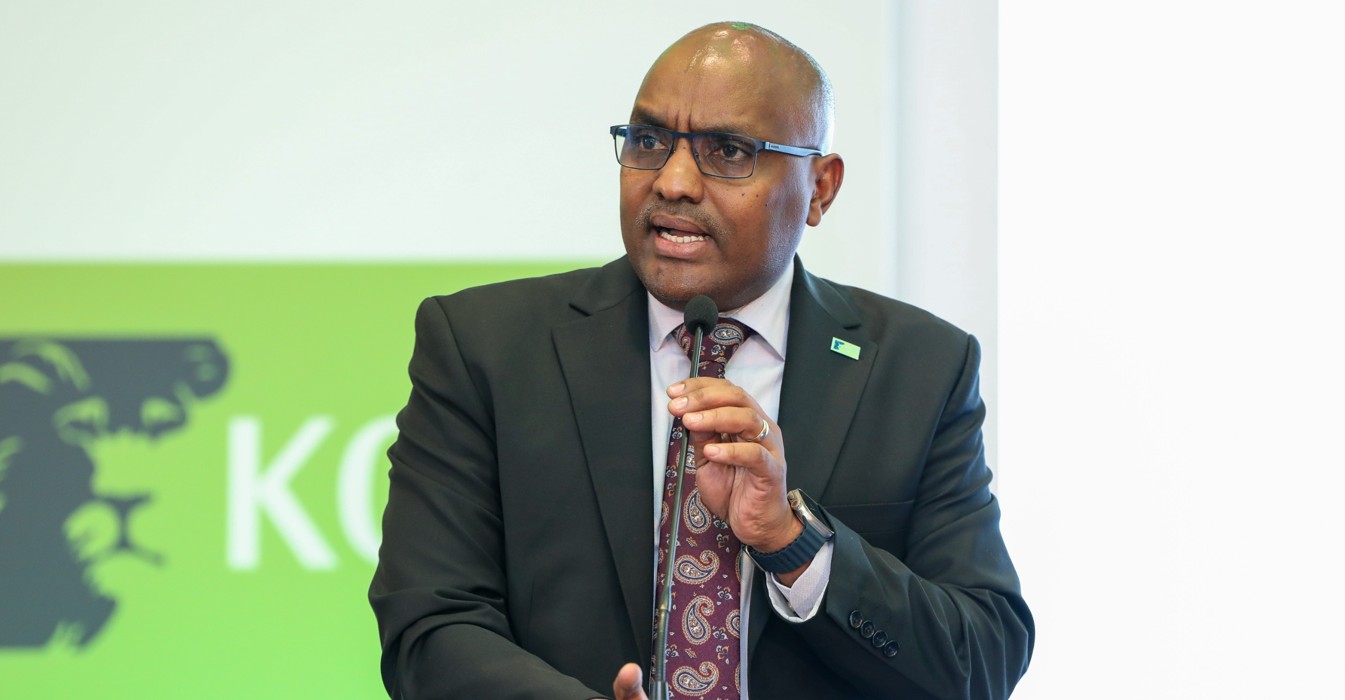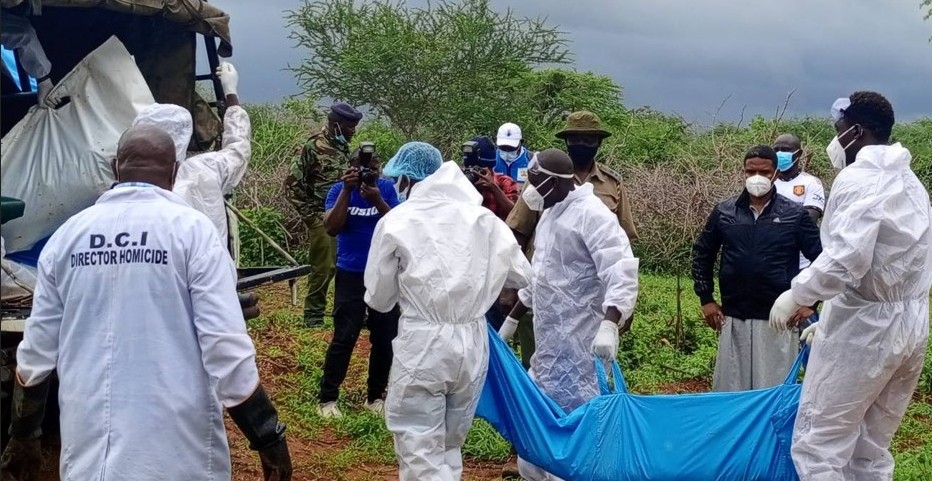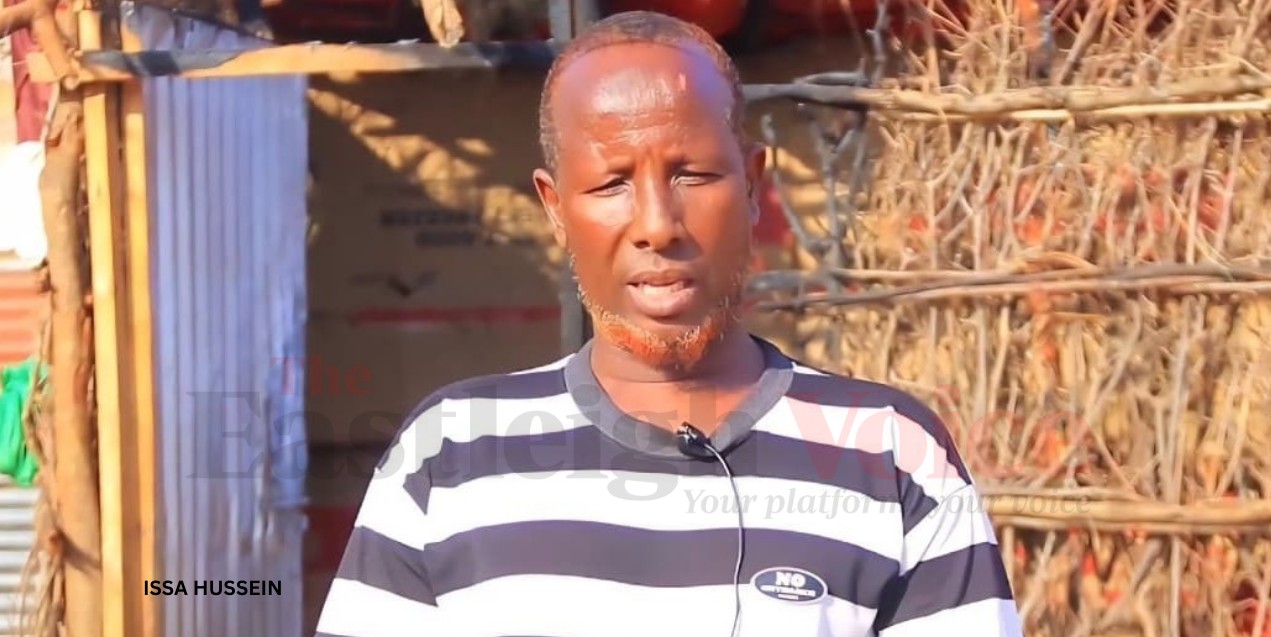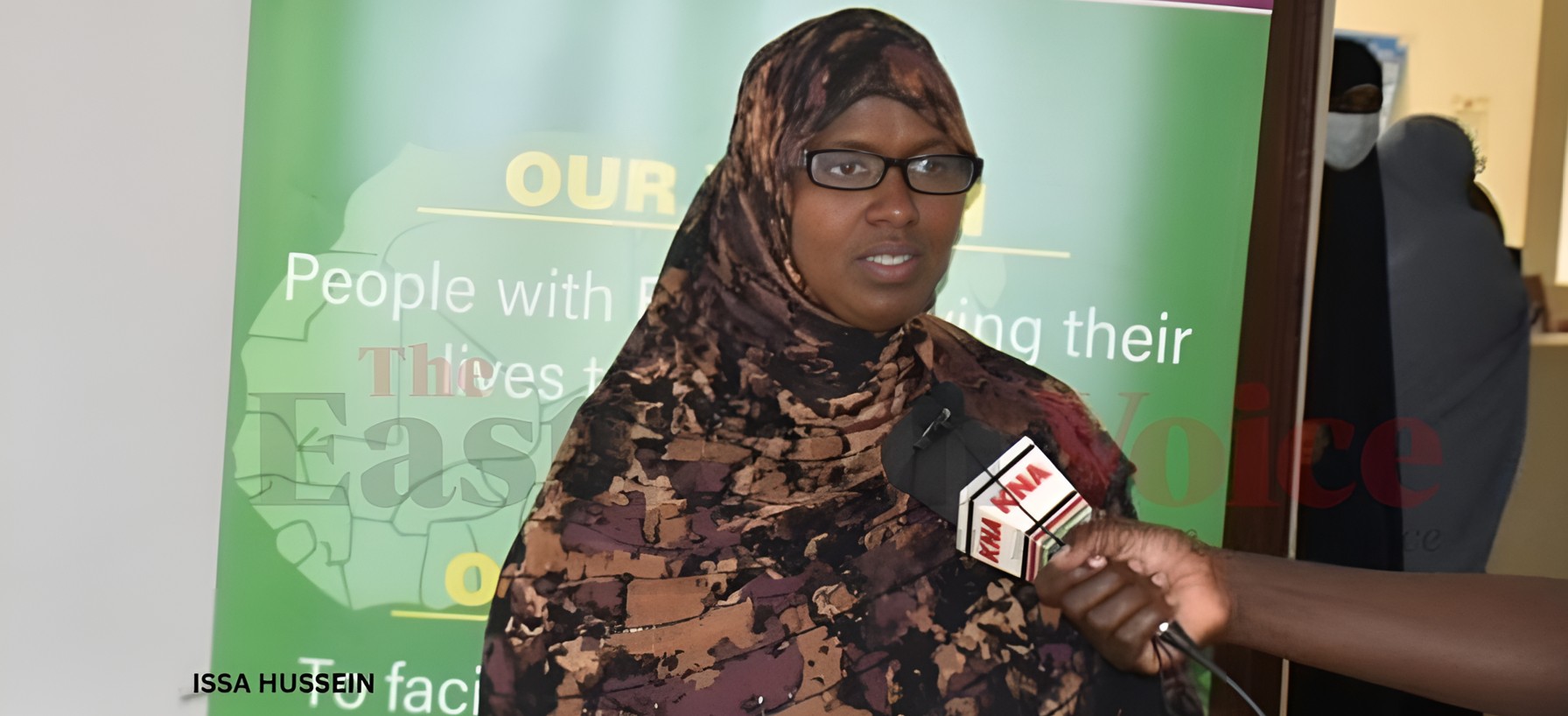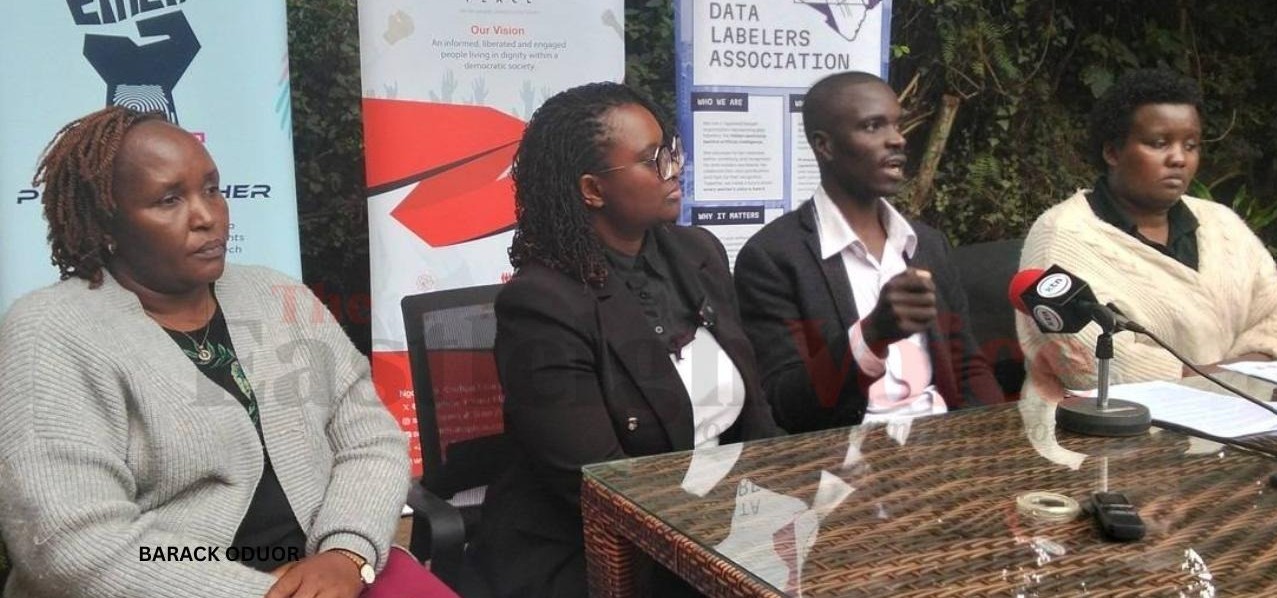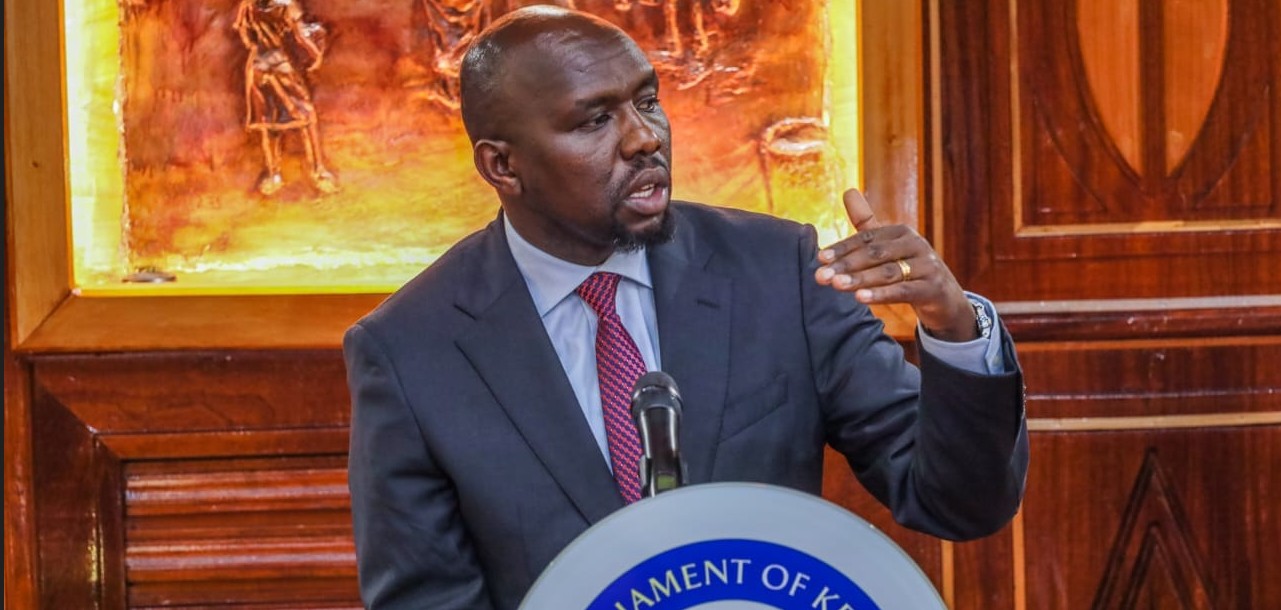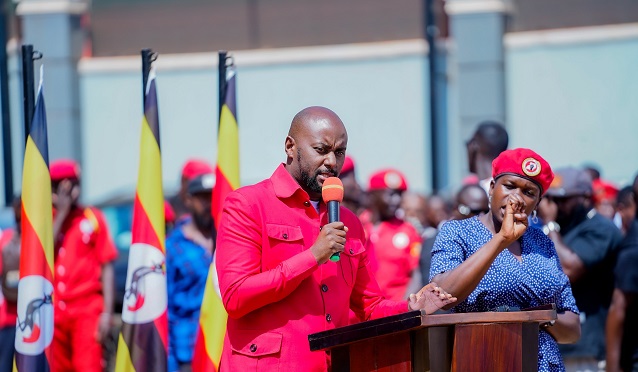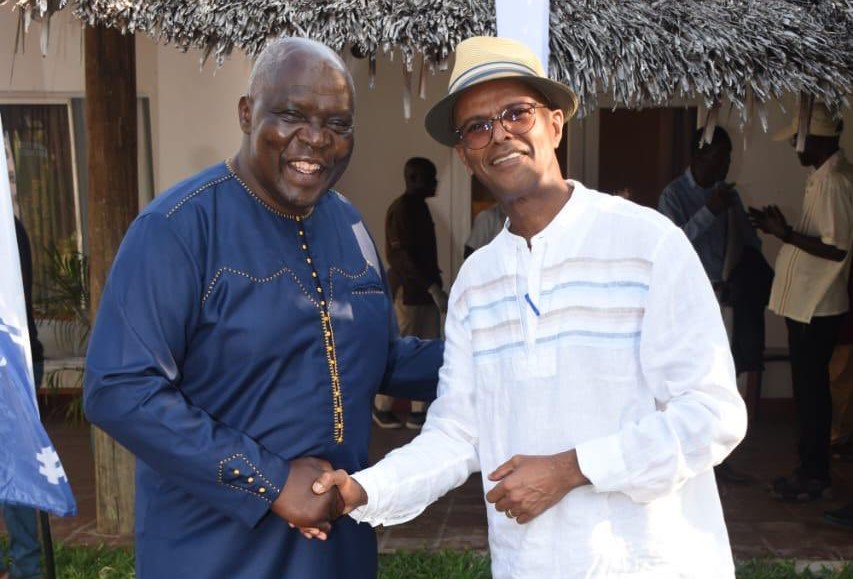Probe flags possible organ trafficking in 372 kidney transplants at Eldoret’s Mediheal Hospital
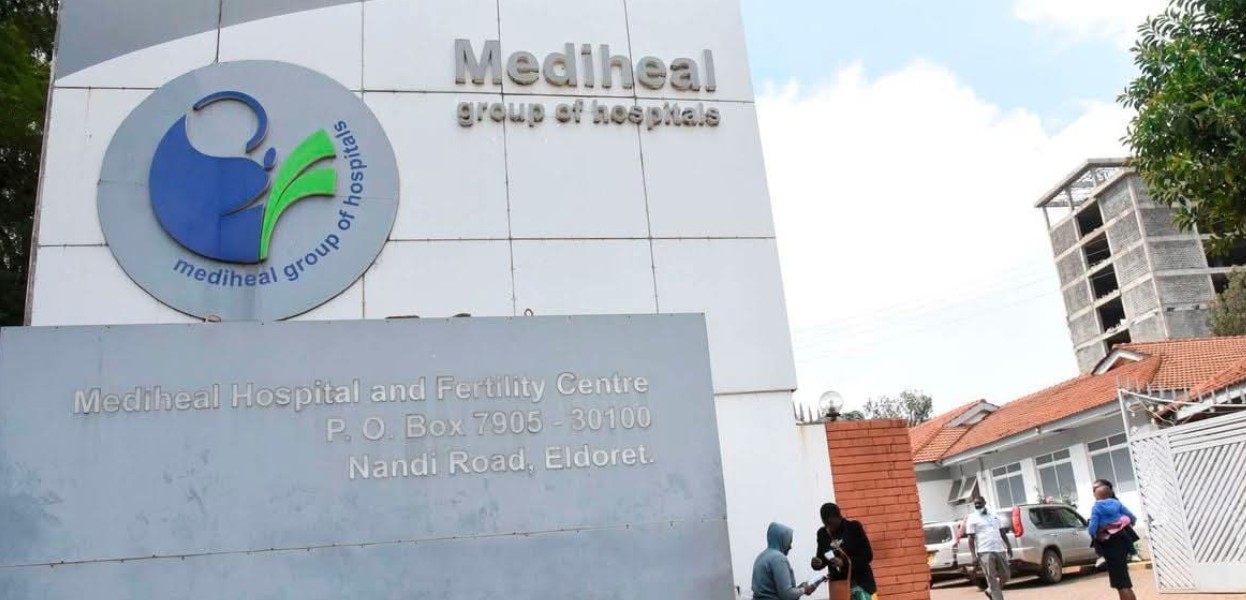
The fact-finding mission recommended urgent steps, including establishing national standards for transplant services, setting up a legislative and regulatory framework to counter potential organ trafficking, and creating a centralised registry to track the origins of donors and the outcomes of transplants.
In a fact-finding mission conducted from December 5 to 8, 2023, a 12-member committee appointed by Dr Maurice Wakwabubi, the acting CEO of the Kenya Blood Transfusion and Transplant Service (KBTTS), uncovered shocking revelations surrounding 372 kidney transplants performed at Mediheal Fertility and Transplant Centre in Eldoret since 2018.
The report outlines a series of concerns arising from the hospital’s transplant procedures.
More To Read
- Mediheal founder faces prosecution, deportation over kidney transplant cases– CS Duale
- We’ll seize property linked to alcohol and drug crimes, declares CS Murkomen
- Nakuru to host 'World Day Against Trafficking in Persons' commemoration amid rise in cases
- Mediheal founder Swarup Mishra rejects organ trafficking report, says no kidney was exported
- Kenyan organ transplant centres rarely reinspected, report finds
- Committee proposes establishment of national deceased organ donation programme
Notably, the investigation drew attention to the cases involving foreign patients and donors, where the relationship between the two was not always clear.
“In our opinion, the committee thinks there is suspicious activity for trafficking, but there is no sufficient evidence,” the report states, highlighting the need for further inquiry.
The document details several issues.
A letter from the Transplantation Society had raised concerns, including that Israeli nationals were receiving transplants and that an “organised syndicate evading regulations in Kenya” might be involved.
The findings note that many of the surgeries were cash transactions, and there was a recurring mention of a donor name, Yusuf, listed as next of kin in multiple files.
The report suggests that these details warrant further investigation to ascertain the true nature of the relationships between foreign donors and recipients.
Mediheal Fertility and Transplant Centre is a level 6 private hospital within the Mediheal Group, which has expanded its transplant operations since 2018.
Since then, a total of 372 transplants have been performed, including cases from Kenya as well as patients from neighbouring East African countries and beyond, Australia, Israel, Japan, the USA and the UK.
Foreign organ donors
The report states that only living-related organ donation is practiced, yet evidence indicates that many transplants involved foreign donors who were not directly linked by family relations to the recipients.
The investigation was thorough.
The team administered a kidney provider transplantation audit form, conducted interviews, and reviewed documentation to assess the hospital’s processes.
Although the hospital maintained that procedures such as obtaining consent were in place, the consent forms were not translated into a language that donors and recipients could clearly understand.
In addition, while the hospital did hold multidisciplinary transplant meetings every Monday, the report found that there was no formal mechanism for determining the true relationship between donors and recipients.
In some cases, patients arrived with unrelated donors or even expected the facility to source the donor for them, further complicating the process.
Concerns about clinical protocols were also raised. The hospital had adapted new technologies, with 99 per cent of transplants being conducted laparoscopically, and maintained a dedicated transplant team.
However, there were notable gaps: the ethics committee did not include interpreters or a patient advocate, and there were no long-term follow-up reports or morbidity and mortality audits available.
“There is need to ascertain the relationship status of the foreign donor and recipient,” the report explains
For many involved, kidney transplantation is seen as a life-changing procedure.
“For many patients with kidney failure, transplantation is the ultimate solution, not the last resort. It can transform their lives, freeing them from the shackles of dialysis and offering hope for a brighter future,” stated Dr Suzanne Ildstad, a transplantation pioneer, a sentiment that resonates strongly given the gravity of the report’s findings.
The fact-finding mission recommended urgent steps. These include establishing national standards for transplant services, setting up a legislative and regulatory framework to counter potential organ trafficking, and creating a centralised registry to track the origins of donors and the outcomes of transplants.
The report also advises that further investigations be launched by a multi-agency group to ensure that no loopholes remain exploitable.
At the heart of the report is a call for transparency and accountability.
The investigation did not find conclusive evidence of trafficking, yet the repeated red flags, the unresolved donor–recipient relationships, the common occurrence of cash transactions, and the persistent appearance of the name “Yusuf”, paint a picture of a system in need of rigorous oversight.
The committee said robust safeguards must be put in place to protect the vulnerable and ensure ethical medical practice.
Top Stories Today
